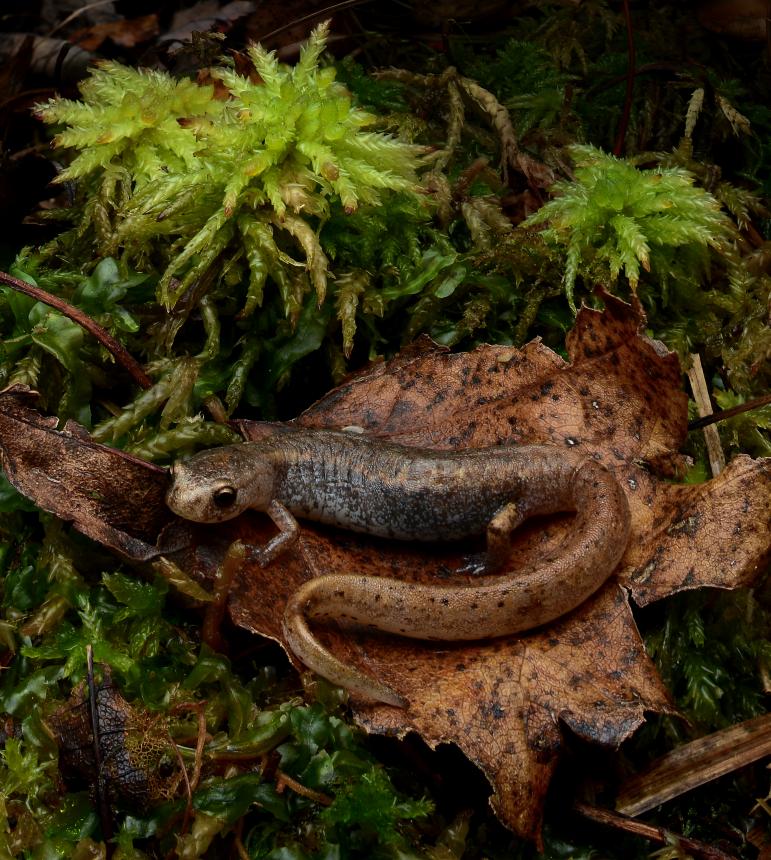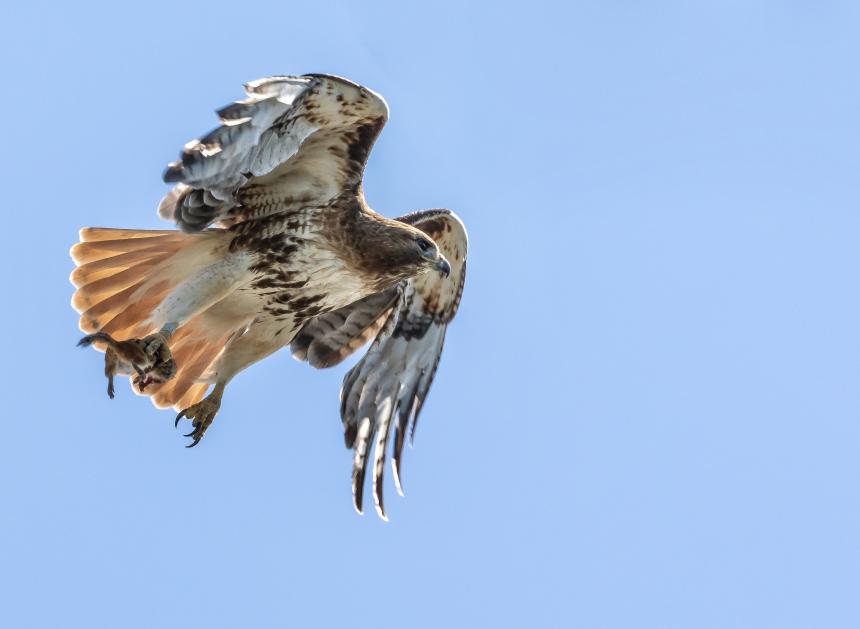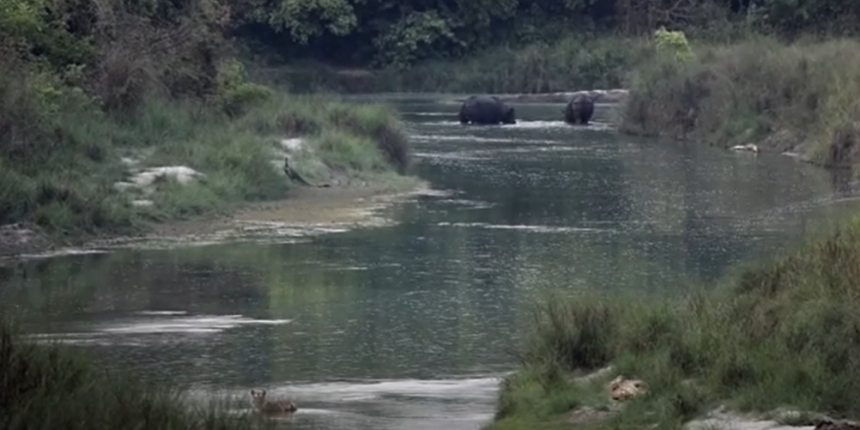Spotlights

News
July 28, 2022
For Cornell alumnus Zachary Dvornicky-Raymond, a career in conservation may have been an inevitability. An animal lover for as long as he can remember, Dr. Dvornicky-Raymond recalls, “as I grew up and was attending zoos and learning more about the world, I came to realize that all of the animals that I loved and was so interested in were disappearing. So I always knew I wanted to figure out a way to help them.”
Video
July 05, 2022
At the end of a busy season researching how canine distemper virus affects Nepal’s tigers and leopards, Cornell Wildlife Health Center’s wild carnivore health specialist Dr. Martin Gilbert took a break to recharge his batteries with the wildlife of Bardia National Park.

For Your Information
June 30, 2022
Successful conservation efforts for threatened species depend on accurate characterization of their distribution, habitat use, and threats. Environmental DNA (eDNA) monitoring can provide a sensitive and noninvasive alternative to traditional surveillance techniques.

For Your Information
June 17, 2022
Anticoagulant rodenticides continue to be used across the U.S. as a method for controlling pest rodent species. As a consequence, wild birds of prey are exposed to these toxicants by eating poisoned prey items.

Video
June 10, 2022
At the end of a busy season researching how canine distemper virus affects Nepal’s tigers and leopards, our Wild Carnivore Health Specialist Dr. Martin Gilbert takes a break to recharge his batteries with the wildlife of Bardia National Park.
Video
June 10, 2022
This female snow goose came to the Janet L. Swanson Wildlife Hospital for lead toxicity. She couldn’t keep up with her flock on its migration north because she was too sick to fly. The Cornell team nursed her back to health and she was released back into the wild.

Video
May 17, 2022
An eastern phoebe songbird was found in a glue trap meant to capture insects and was taken to Cornell’s Janet L. Swanson Wildlife Hospital for treatment.

Video
May 11, 2022
A tiny red fox kit was recently treated for a swollen paw at Cornell's Janet L. Swanson Wildlife Hospital. The fox is expected to make a full recovery.

Blog
April 22, 2022
Today is Earth Day! There are many ways to invest in our planet, and together, we can work to secure a healthier future for wildlife, people, and planet today and every day!

News
April 05, 2022
Matt Marinkovich, DVM '14, always had a passion for wildlife but was initially unsure as to what career path might suit him best. “I always knew I wanted to do something with wildlife or something conservation related, but it took a little while to find what that niche was, whether PhD or vet school....."
